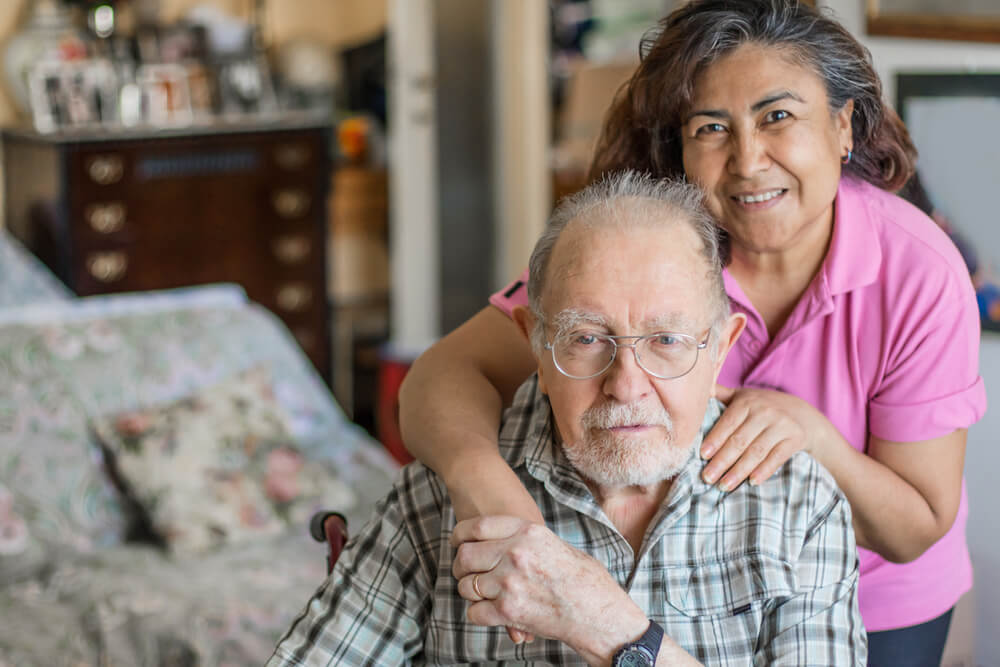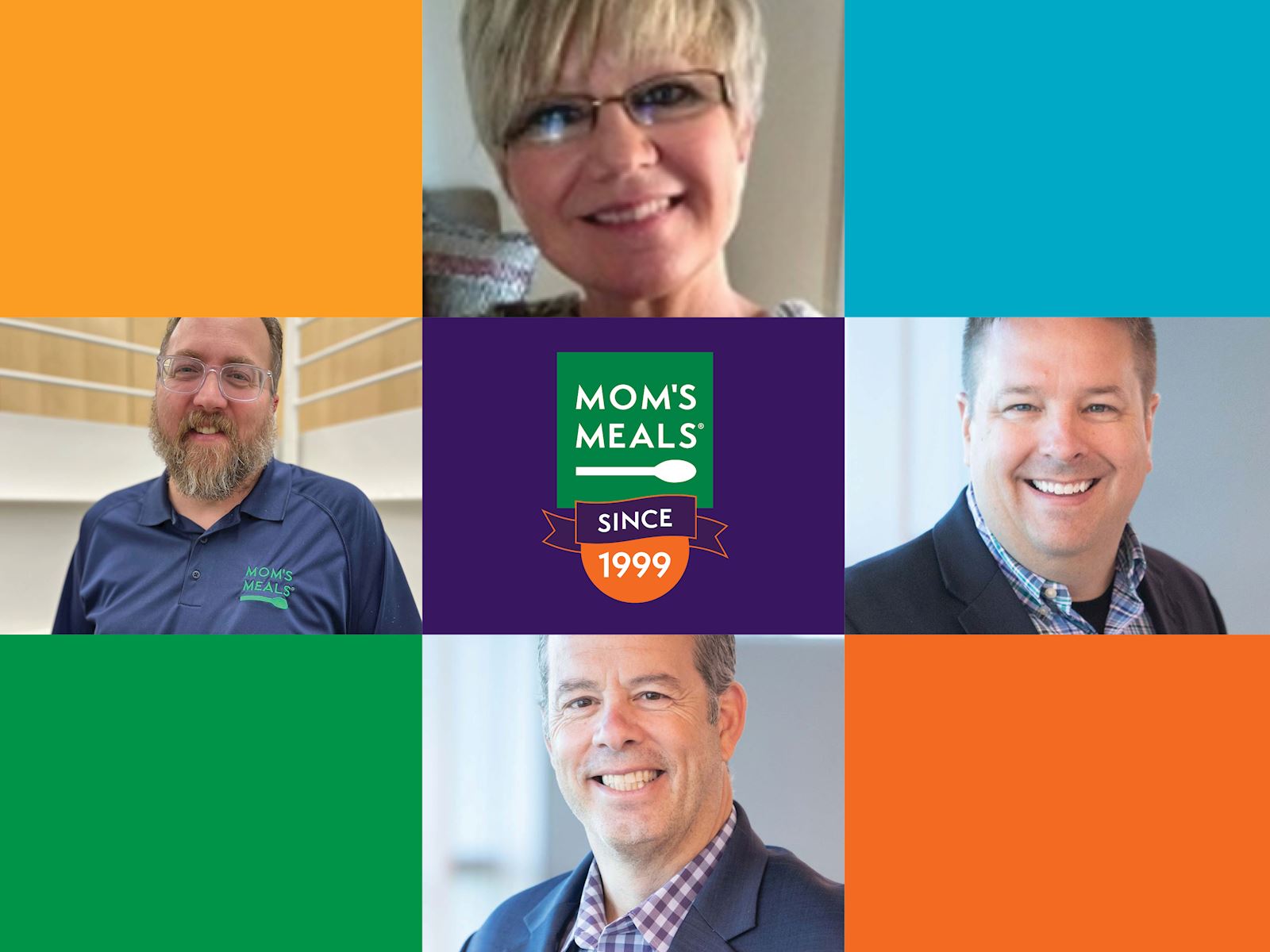Dignity and independence go hand-in-hand but are distinct.
The dictionary defines dignity as: “the state of being worthy, honored or esteemed.” For aging individuals, dignity is usually about being treated as a competent, intelligent, deserving person – just as they were earlier in their lives.
The dictionary defines independence as: “The ability to make decisions and live your life free from the control of other people.” For our aging loved ones, independence usually means self-reliance, the ability to make decisions about living arrangements, finances, social life, and more.
Even for our most senior family members, ensuring a primary decision-making role is essential to preserving both dignity and independence – which means that listening and engaging in conversations about healthcare, living arrangements, and finances is essential.
6 tips for continuing to support your aging family members and friends:
- Support connections – Remaining active in the community, staying connected with family and friends, and keeping a routine helps everyone – including aging individuals – thrive. Fostering connections helps improve overall well-being.
- Consider mobility issues – A problem with mobility may be the only thing getting in the way of a person’s independence. Evaluate whether installing a ramp or purchasing a walker would solve the problem. And if driving is an issue, offer to explore alternative transportation services in the community.
- Facilitate independent personal care – Installing shower chairs and railings makes it easier for aging individuals with mobility concerns to safely manage their own personal care routines.
- Set up financial guardrails – Older individuals are particularly vulnerable to fraud, scams, and theft. Offering to help set up automatic bill payments and financial alerts is a smart preventative measure.
- Suggest a well-check – If you’re concerned that your family member or friend is having physical or mental difficulties that haven’t been addressed, ask him if you can help schedule a medical check-up and transportation to the appointment if needed.
- Discuss nutrition – As we age, appetites can dwindle and we may be less willing to cook healthy meals. Home-delivered meal services solve both challenges by delivering nutritious meals that are ready to heat and eat right to the home. Mom’s Meals® delivers refrigerated, condition-appropriate meals around the country.



